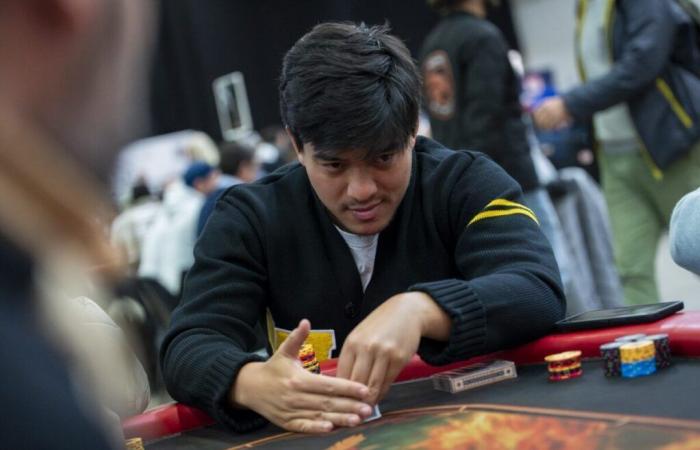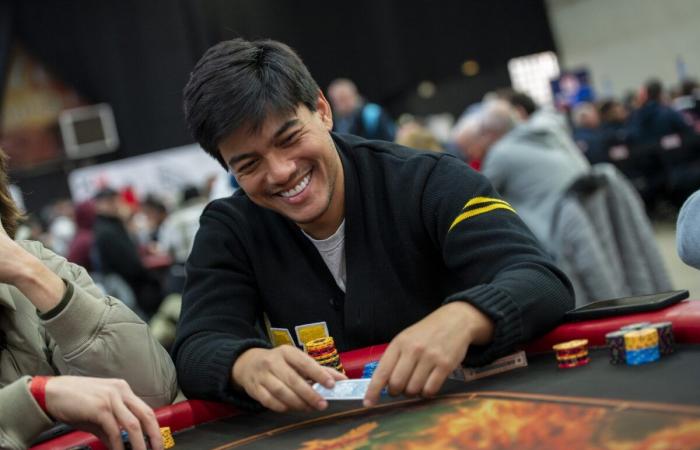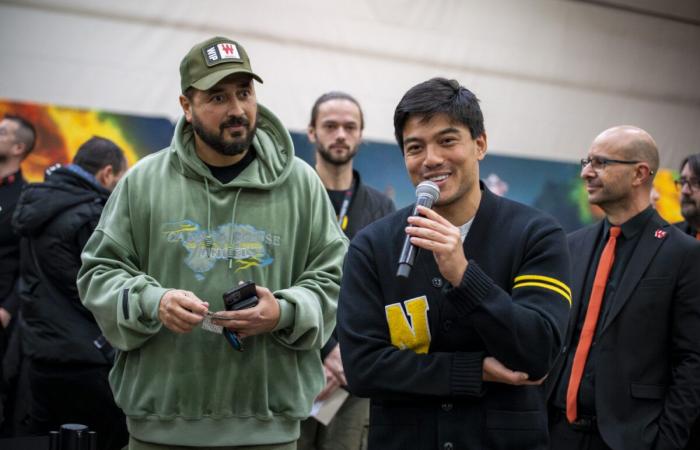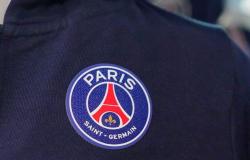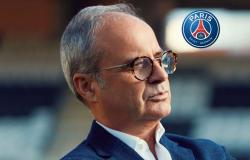Pierre Calamusa, a figure in French poker, talks about the reality of his life as a professional player. At 36 years old, this native of Grenoble talks about the financial challenges of the industry and the revolution of this game.
Pierre Calamusa is a reference in the world of poker. For more than ten years, he has made a living from his passion, juggling between online and face-to-face tournaments. Exiled to Portugal to enjoy a “better quality of life”, he travels the globe participating in numerous competitions all year round.
Met in Lyon on the occasion of Winamax Poker Toura tournament in which he participated as a brand ambassador, the current 478th player in the world reveals his working methods and the sometimes little-known realities of his profession. From the upheavals introduced by artificial intelligence to the financial challenges that a professional player faces, he lifts the veil on a universe where expertise meets uncertainty.
Read also: Immersion: in the shoes of a poker player…
How do you become a poker player?
Pierre Calamusa: “You don't tell yourself. It happens a bit like that. I think there are few kids who say to themselves: 'I want to become a professional poker player'. When you start in small games, that you realize that you are much better than the others, that you earn a lot of money, that's when you stop studying to devote yourself entirely to that. For my part, I dove into that quite a bit. naturally.
“Today, AI has revolutionized poker”
What is the pace of life of a poker player?
The rhythm is binary. Online, it's a night job. Tournaments start around 8 p.m. and end between 1 a.m. and 2 a.m. Live tournaments, like those in Las Vegas, usually start around 10 a.m. and can finish after midnight. Online, I do around 1,500 tournaments per year, around ten per evening, which requires a lot of concentration. On hard ground, I participate in around sixty tournaments per year. It's an intense rhythm, but when you're passionate, it passes.

Where do you play the most?
The world championships in Las Vegas every year are unmissable. It's a month and a half of intense poker. Then there is the European circuit, with stages in Monaco, Prague or Paris. There are also more exotic destinations like Macau or Hong Kong. The circuit is very similar to that of tennis, with tournaments all over the world.
What differentiates a professional player from an amateur?
Math, math, math. Today, AI has revolutionized poker. Software allows you to have precise solutions in a few seconds. When I started, it was much more intuitive. But we realized that the human brain instinctively plays poker very poorly. Now it's pure learning, close to chess.
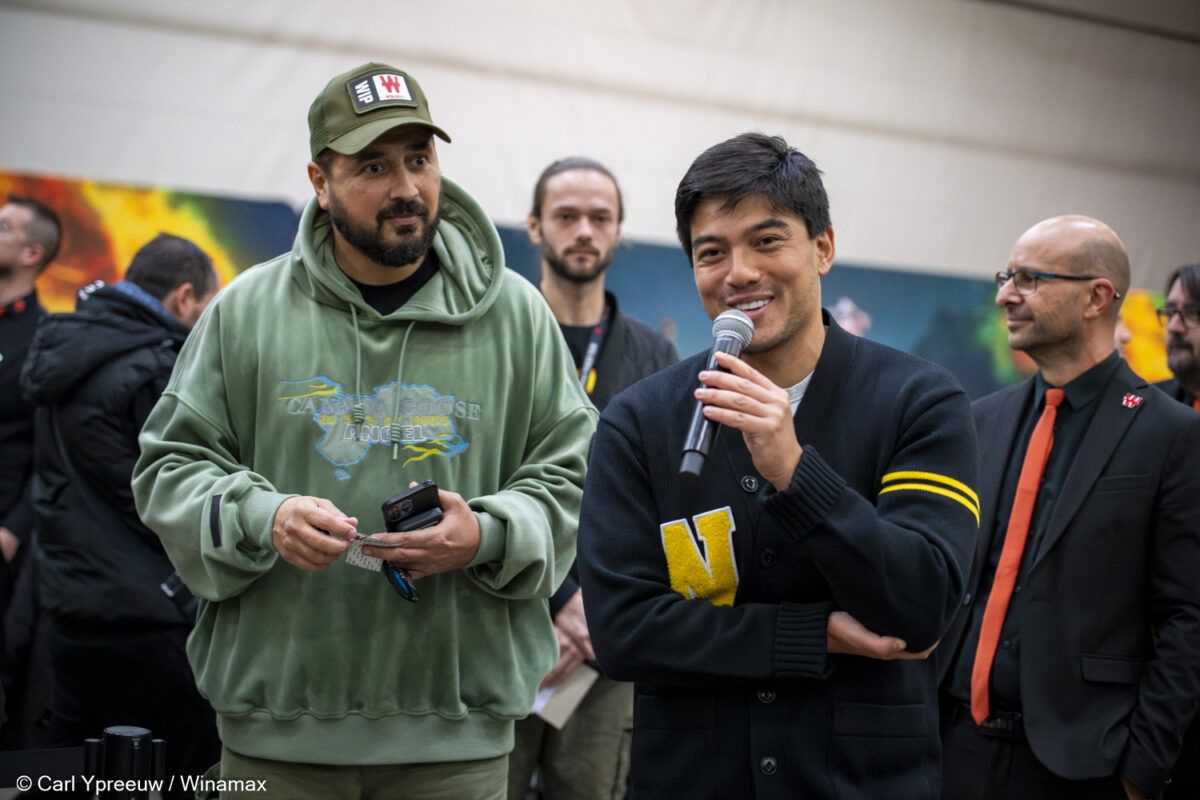

“In the short term, an amateur player can definitely win”
Is it possible for an amateur to beat a professional?
In the short term, an amateur player can absolutely win, especially in face-to-face tournaments where luck can play a crucial role. But over a long period of time, especially online, this is impossible. There, mathematics always wins.
What are the financial risks for a poker player?
They are huge. It's been two years since I lost in hard tournaments. For example, in Vegas, you can put 100,000 euros into tournaments and come back with 80,000 euros in losses. For my part, I must have lost €200,000 in two years on real tournaments. It's hard, especially when your family is counting on you. But online, the losses are compensated: I won 300,000 euros in a tournament with 125 euros registration, with 47,000 participants. This job requires you to keep a cool head, whatever happens. But it’s harder said than done (smile).”

